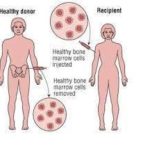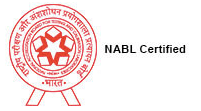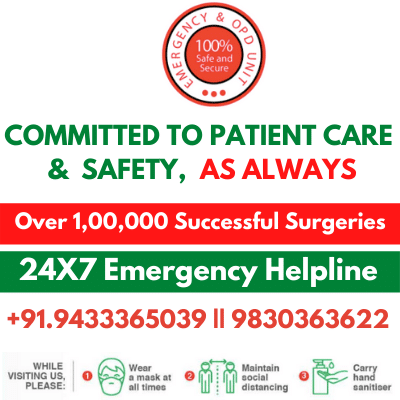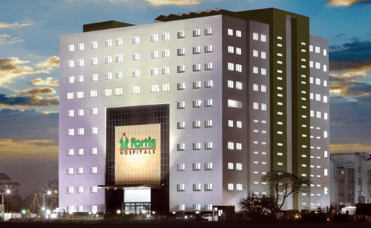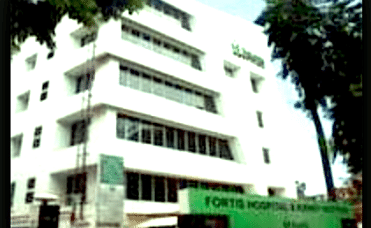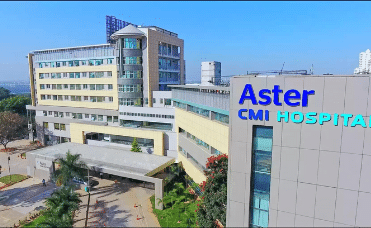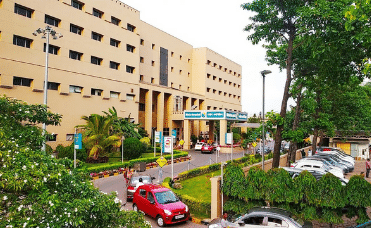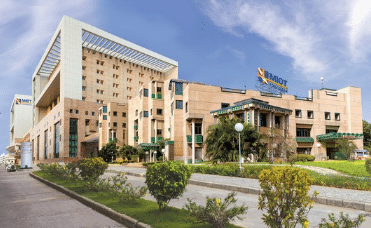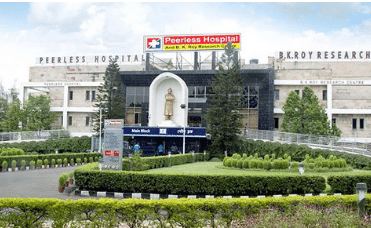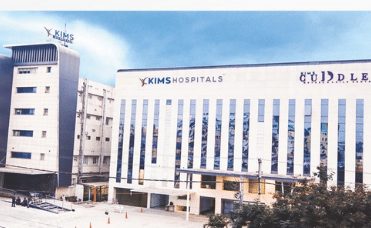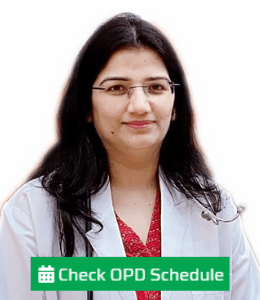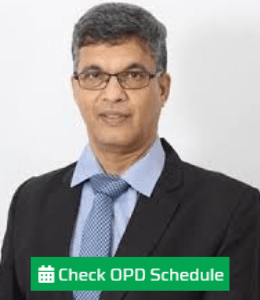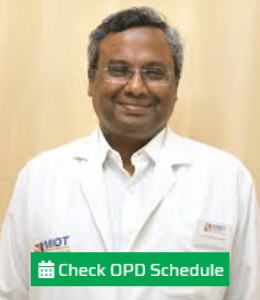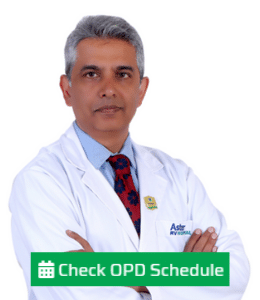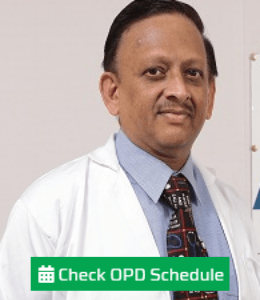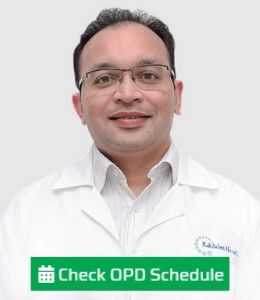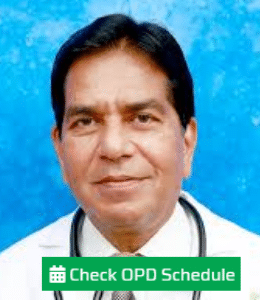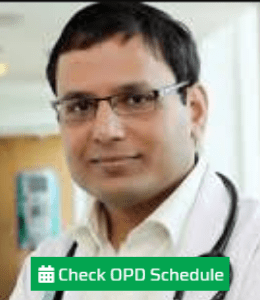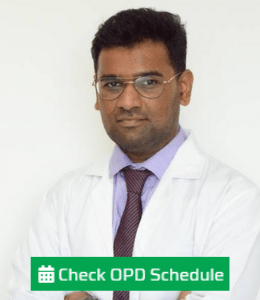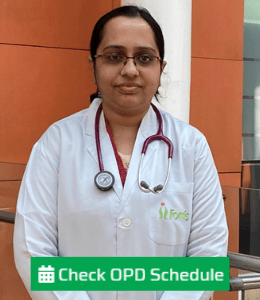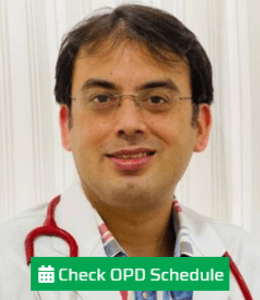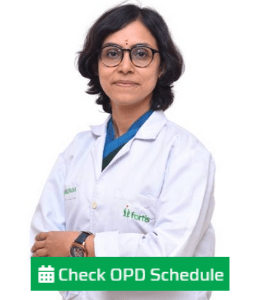What is a Bone Marrow Transplant?
A medical procedure to replace damaged, diseased, infected or destroyed bone marrow is known as bone marrow transplant. Bone Marrow is a spongy substance or tissue found in the centre of the bones which is responsible for creating:
Red Blood Cells (RBC) which is responsible for carrying nutrients and blood throughout the body.
White Blood Cells (WBC) which wrestles infection.
Platelets responsible for the generation of clots.
HSCs or Hematopoietic Stem Cells are immature or young blood forming stem cells that the bone-marrow contains which later travels out the marrow into the blood when they mature. Bone marrow is a pivotal part of your anatomyas it is responsible for the proper functioning of your immune responses. If your bone marrow is ailing or unsound and there aren’t enough white blood cells, red blood cells, or platelets, then your body’s immune responses grow weak and you become prone to infections, disorders, and diseases further resulting to lethal infections. Bone Marrow transplant takes place when the bone marrow in your body breaks down and is unable to carry out its functions. The reason of bone marrow damage differs from person to person and sometimes it is difficult to ascertain bone marrow disease symptoms.
A bone marrow transplant could be recommended by your bone transplant surgeon if your bone marrow indicates an incompetence to fabricate stem cells. Bone marrow transplant helps people suffering from cancer-related diseases and in the case of bone marrow damage due to extended chemotherapy and radiation exposure. With the help of a bone marrow transplant, your bone marrow can be redeemed as new stem cells will accelerate the process of stem cell production.
Types
There are two major types of bone marrow transplants. The type used will depend on the reason you need a transplant.
- Autologous Transplant Surgery
Autologous transplants are a surgical process where a person’s own stem cells are used. They involve reaping your cells before emerging the method of healing your cells through chemotherapy or radiation. After the treatment is done, your own cells are returned to your body. But this process is only available if you have a healthy bone marrow. However, it reduces the risk of some serious complications, including GVHD.
- Allogeneic Transplants
Allogeneic transplant is a surgical process in which you need a donor and the donor’s stem cells are used provided the donor has a close genetic match. Usually, an appropriate relative is the best choice, but genetic matches can also be found from a benefactor registry. If your cells are completely damaged then you need an allogeneic transplant though it increases the risk of GVHD. You’ll also probably be asked to stay on medications so that your new stem cells are not attacked. This can leave you susceptible to illness.
The success of an allogeneic transplant depends on how closely the donor cells match your own.
FAQs
- I am hesitant whether I am suitable for a bone marrow transplant. What should I do?
You need to realize that having fears about bone marrow transplant is normal. You should jot down all the questions you have and speak to your doctor about them. The key is for you to be comfortable with the procedure before it begins. Don’t hesitate to ask your doctor all the questions you have. If you think that stress is negatively impacting you and becoming unmanageable, then it is a good idea to speak to a counsellor. Speaking to your family about the procedure and preparing them is a good idea so they are aware of what to expect. Support groups are available to help you navigate through the stress and apprehensions of the procedure. These support groups can also help you conduct adequate research online about the best hospital for bone marrow transplant in India where you can receive the best medical care. This will go a long way in alleviating your concern.
- How long will it take for me to restart my normal actions after the transplant procedure?
After the bone marrow transplant, you will be closely monitored by the doctors as they will be on the lookout for an increase in blood cell count and any discomfort you might experience. The complete recovery might take a year but it depends on lots of factors. These include your age, health, radiation, chemotherapy, the condition for which you are being treated, and the donor match if you had an allogeneic transplant. If the transplant is deemed successful (Stem cells are being produced), then you can resume your normal daily activities.
- What is the bone marrow transplantation cost in India?
The bone marrow transplant cost depends on many factors such as the type of transplant and the location of where you are getting the transplant. This is why after the appropriate tests are done, your doctor can give you an estimate of the bone marrow transplantation cost. Rest assured that the cost of bone marrow transplant in India is lesser than if you get it done from other countries. The bone marrow transplant cost in India can vary from hospital to hospital, hence it’s necessary that you do your research online and take a quote from multiple hospitals before choosing to proceed. However, make sure that the quality of healthcare you receive is not compromised when looking for affordability.
- Which is a safer alternative transplant procedure;
allogeneic or autologous bone marrow transplant?
Getting any type of bone marrow transplant is risky. However, usually using autologous bone marrow transplant is more advantageous because you are using your own body’s stem cells inside of ones from a donor. The big risk with allogeneic bone marrow transplant is the incompatibility issue. Finding a perfect match can be tough and there is a higher risk of having complications such as GVHD among others. There might be a requirement for you to take medications so that your body cells don’t end up attacking the donor stem cells. This can make you more prone to health problems.
- Can I exercise after a bone marrow transplant?
Once your bone marrow transplant has been a success, you can start to exercise. However, it is a good idea to start slow and then as you get better you can increase the intensity of the exercise accordingly. Your doctor will help you create an exercise plan that is tailored to your needs and requirements.
- How long should I stay at the hospital after the transplant procedure has completed?
This depends entirely on what you are being treated for and the location of the bone marrow transplant. Sometimes, people don’t need to stay in the hospital overnight after the procedure but others do. It depends on the individual situation. Sometimes due to high doses of radiation therapy and chemotherapy you might need to stay in the hospital for a much longer time. Your doctor will inform you about the length of your stay so that you can make arrangements accordingly.
- How do I know which type of bone marrow transplant procedure is appropriate for me?
It’s best to discuss with your transplant physician as to which treatment option will best suit your specific diagnosis. In case you have any doubts about which transplant type your physician has recommended, you can contact your transplant coordinator. The coordinator can help in determining the type of transplant you’ll receive and can even schedule an appointment with your designated physician to review your treatment option.
- Will my blood count matter during the bone marrow transplant procedure?
While the transplant is happening, there can be a dip in your blood cells (WBCs, RBCs, PLTs). This is why blood counts are monitored closely during the transplant. Before the transplant, your complete blood count or CBC is monitored for some weeks. The CBC gives information on the count of white blood cells (WBCs), red blood cells (RBCs), and platelets in your blood. The ideal WBC count should be between 4,000 and 10,000. If your WBCs fall below 1,000 then it can cause complications. The measurement values for RBCs are hemoglobin (Hgb) and hematocrit (Hct). Hgb should be somewhere between 14 and 18 and Hct should be somewhere between 37 and 52. In case of platelets, the count should be between 150,000 and 400,000.
- What are the risks of infection from an unrelated bone marrow transplant?
It’s best to match the stem cells of the donor before a transplant is done. You are at a lower risk of getting infections from an unrelated bone marrow transplant if:
- Your age is less. Studies show that young people react better to transplant as compared to older people
- You receive stem cells from someone in your family, can be a brother or sister
- You don’t suffer from any other health concerns.
- Is it possible to lead a normal life after a bone marrow transplant?
One of the things you have to keep in mind is that after a transplant, it takes a lot of time to recover. The transplant can take some weeks or months to be completed. After that, you’re free to go home. It’s best to have a medical plan in mind so that you can take care of yourself better. You can also check with friends and family for help. During the first few months, you’ll feel weak and more tired than usual. There can be a sharp change in your hunger and how you smell and taste food. Since all of your cells are growing, it may take some time for you to get back to your normal activities.
Still Have Questions ? Call us at +91 9433365039
Just let us know. We will be happy to assist you
To overcome restrictions due to Corona Virus, we are offering Paid Tele/Video Consultation from top doctors. Let us know if you are interested & we will contact you.
